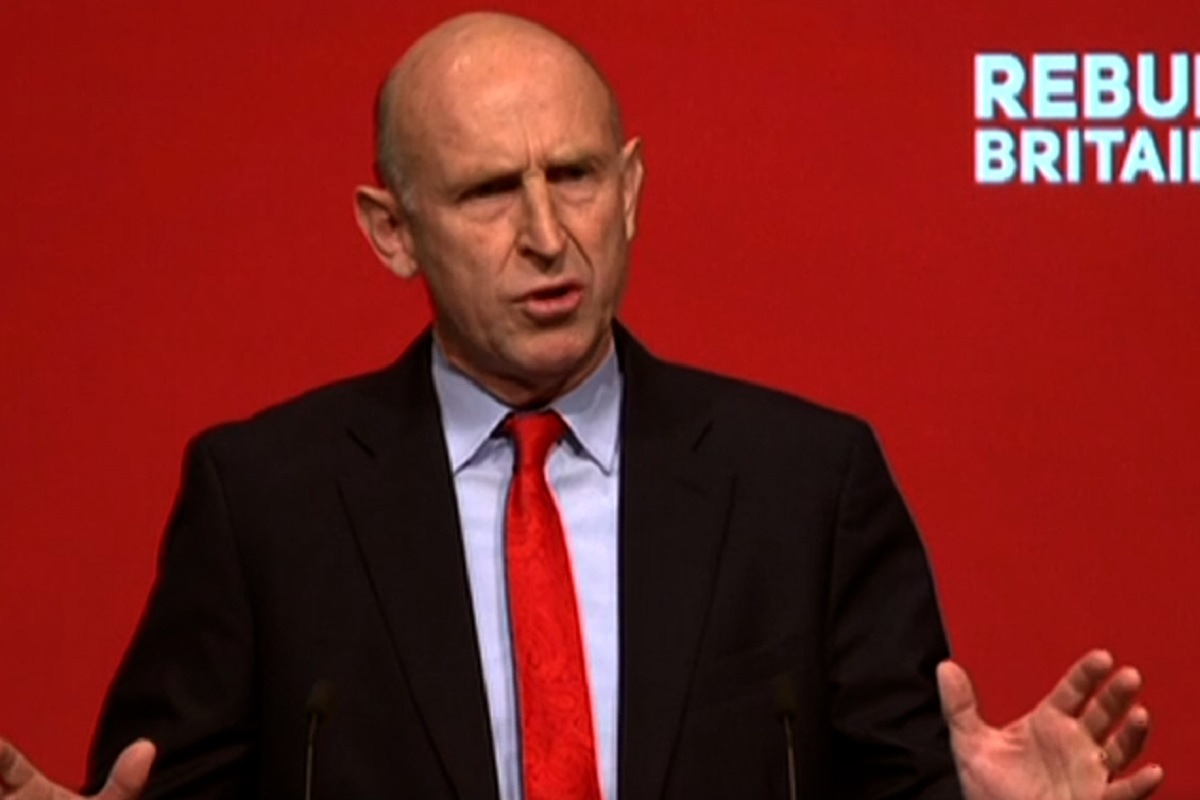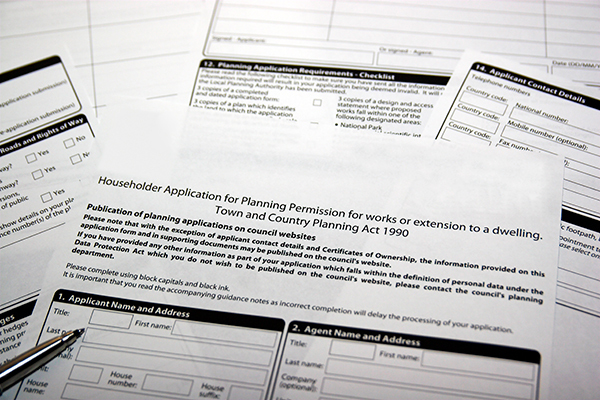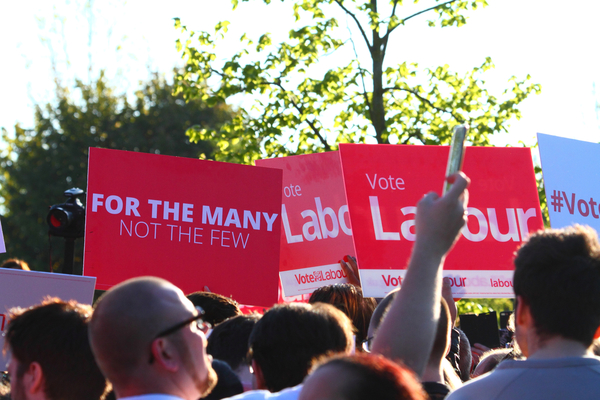You are viewing 1 of your 1 free articles
Healey warns sector ‘don't go over the top’ in praise for government
Housing associations should be cautious of going “over the top” in their praise for Theresa May’s government in the aftermath of her well-received speech last week, the shadow housing secretary has said.
Labour’s lead voice on housing was speaking at a fringe event at the party’s annual conference yesterday evening about how housing associations can help combat poverty.
John Healey was critical of the sector’s warm response to Ms May’s appearance at the National Housing Summit last week and her announcement that government will provide £2bn for strategic partnerships with housing associations between 2022/23 and 2028/29.
He said those at the event “were a bit kind” to the prime minister, and added: “But the more important, serious thing is that – £2bn in three years’ time when the money’s needed now, £2bn when it’s dwarfed totally by more than the £20bn that’s been cut from affordable housing investment since 2010, and £2bn in three years’ time when actually last year they made £8bn immediately available to boost Help to Buy.
“So by all means welcome it, but for goodness sake let’s keep this in perspective and not go over the top.”
Mr Healey also questioned the sector’s reliance on government. He said: “I do think that this conversation has thrown up some questions of the housing association sector.
“If you are so big and so many people depend on you – you’re housing 2.4 million households here – there’s some big questions about how policy-dependent on government you are if you’re knocked sideways by the removal of capital grant or a 1% a year cut in your rent formula.
“And for me that’s something for housing associations to seriously think about. It may be that you started 43,000 homes last year but I’d wager that a very, very small number of those were social rented homes.”
He was responding to comments made by Paul Hackett, chief executive of Optivo and chair of the G15 group of major London housing associations, about the strategic partnerships.
“For me it’s not the sum, it’s the principle. Because we’ve been asking for a long, long time for these longer-term deals,” Mr Hackett had said.
He said the deals marked a change in the approach of the Treasury, which had previously been reluctant to commit long-term funds.
“Now, there will be inevitably further funding that will come through. And this not about [the Ministry of Housing, Communities and Local Government] it’s about Treasury,” he said.
“They absolutely do not believe that they should commit to long-term funding for housing. This will serve any future government of any colour frankly. If the Treasury agree to it this is really good news and everybody should celebrate it.”
Labour planning commission terms of reference
- A set of proposals for a new system of local plan making underpinned by values and a purpose that sees planning as representing the public interest, and to examine how local authorities can lead and be champions of planning in their area in partnership with others.
- Establishing how planning policies and strategies developed at the national, regional, local and neighbourhood level can link together to provide better outcomes for our communities.
- Examining how local communities can better provide the building blocks of our planning system, and take ownership of planning policies that will affect them; establishing the framework to facilitate this.
- Identifying changes that need to be made to our system of planning gain, to streamline it and make it more efficient and transparent for developers and communities.
- Considering measures that will improve land supply, including changes that might need to be made to compulsory purchase orders.
- Considering changes that might need to be made to building regulations: to make buildings safer; to make buildings more energy efficient; to make buildings carbon neutral where possible.
- Exploring how the planning system could better support infrastructure development and how government at different levels can facilitate this.
- Considering how best to develop a new generation of garden cities, villages, urban extensions and new towns.
- How to improve the quality, design and sustainability of new buildings to help address climate change.
- How to drive forward innovative and modern methods of construction and improve access to digital networks and better computer assisted design.
- Make proposals for the training and support of planners to enable them to be a catalyst for visionary local planning to develop skills and ensure a pipeline of future planners exist.
- Considering how to better support the housing and construction sector with particular regard to the role that small builders, land trusts and cooperatives can play in the delivery of new housing and infrastructure to ensure greater diversity in the construction sector.














